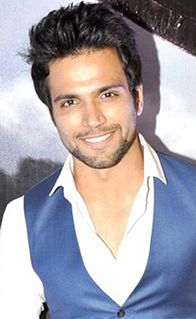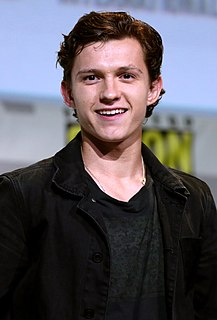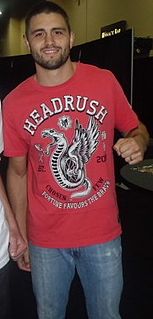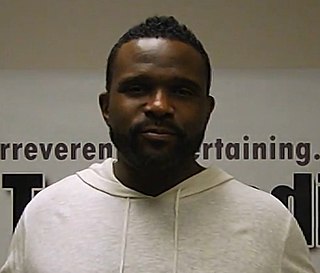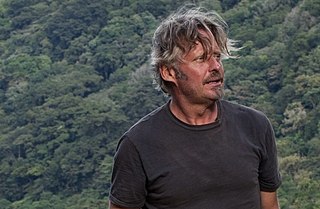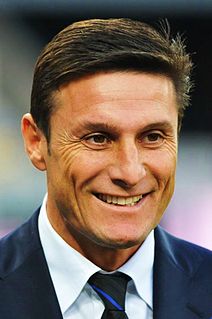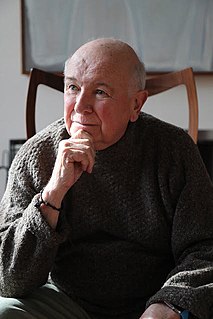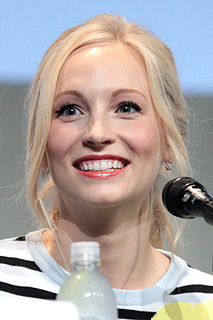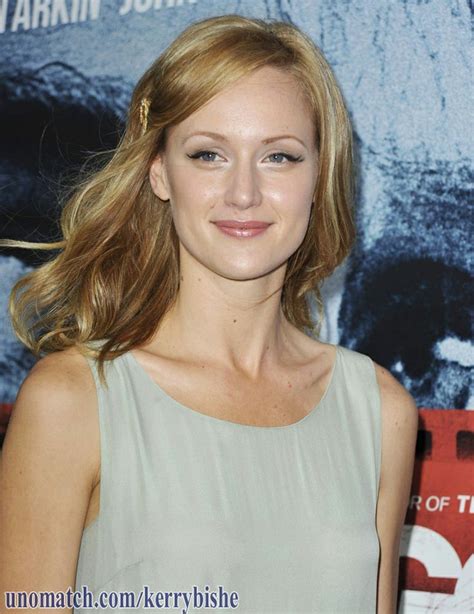A Quote by Rithvik Dhanjani
If you are a good actor, then all you have to do is give your best shot every time when you are in front of the camera regardless of who else is around you.
Related Quotes
Ultimately your job as an actor is to perform however you're being asked to perform and there's many different procedures as an actor that you're going to run into that you should be prepared for and be ready to go to work and do the best you can and give the director the best thing you can to hopefully give him things on that day that could be shot preserved and out into a canned, then when they go into the editing room that's where a movie's made.
Work with good directors. Without them your play is doomed. At the time of my first play, I thought a good director was someone who liked my play. I was rudely awakened from that fantasy when he directed it as if he loathed it. . . . Work with good actors. A good actor hears the way you (and no one else) write. A good actor makes rewrites easy. A good actor tells you things about your play you didn't know.
In case you haven't heard, my girlfriends and I have declared the summer of 2012 as the best summer ever. The best way to document said 'best summer ever' is with a good ol' disposable camera. Smile, click, move on! Nobody gets pic approval, and there's no time wasted gathering around the camera to analyze a moment that just happened.
Onstage, I enjoy the thrill of live performance - there is no substitute for that rush. On camera I enjoy the crafting of a scene, the widespread creative marksmanship happening all around you for every second of footage. Onstage you can suddenly feel solitary, like it's all on your shoulders, while on camera you feel like there are so many people working with you on every shot. Those are each unique and gratifying challenges.
As a director, what matters is how you penetrate the soul of the person in front of the camera and let the actor blur the boundaries between the character and the person themselves. In order to achieve that, I try to make people feel at ease, to be mindless of problems and be skinless and give everything to the camera.
